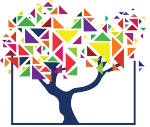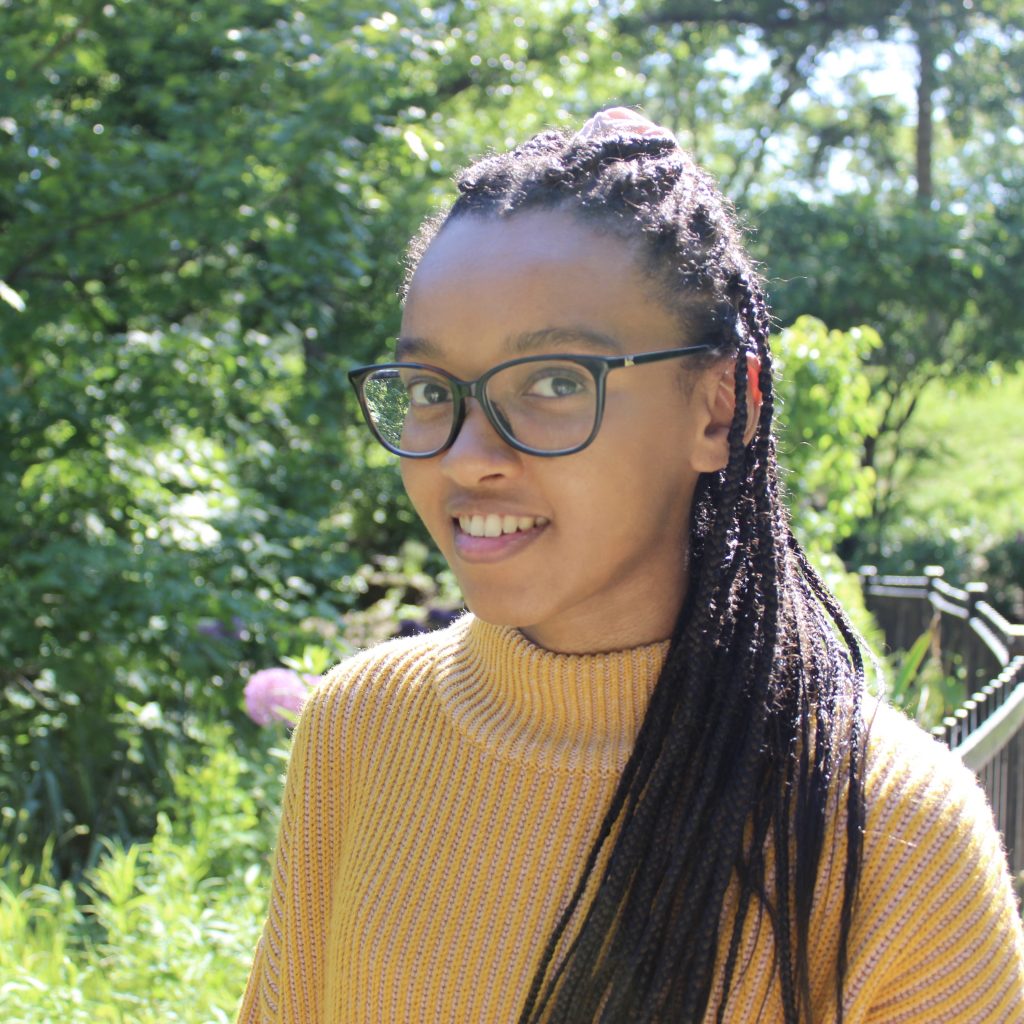We are thrilled to be launching our Design Thinking Experience Program this summer! Running weekly on Tuesdays from 2:00-4:00PM between June 1st until August 3rd, this is a 10-week boot-camp style program that will provide you with:
- An introduction to innovation and Design Thinking
- Experience conducting qualitative research
- Teamwork skills and connections on campus
- An opportunity to generate ideas to improve the student experience at U of T








